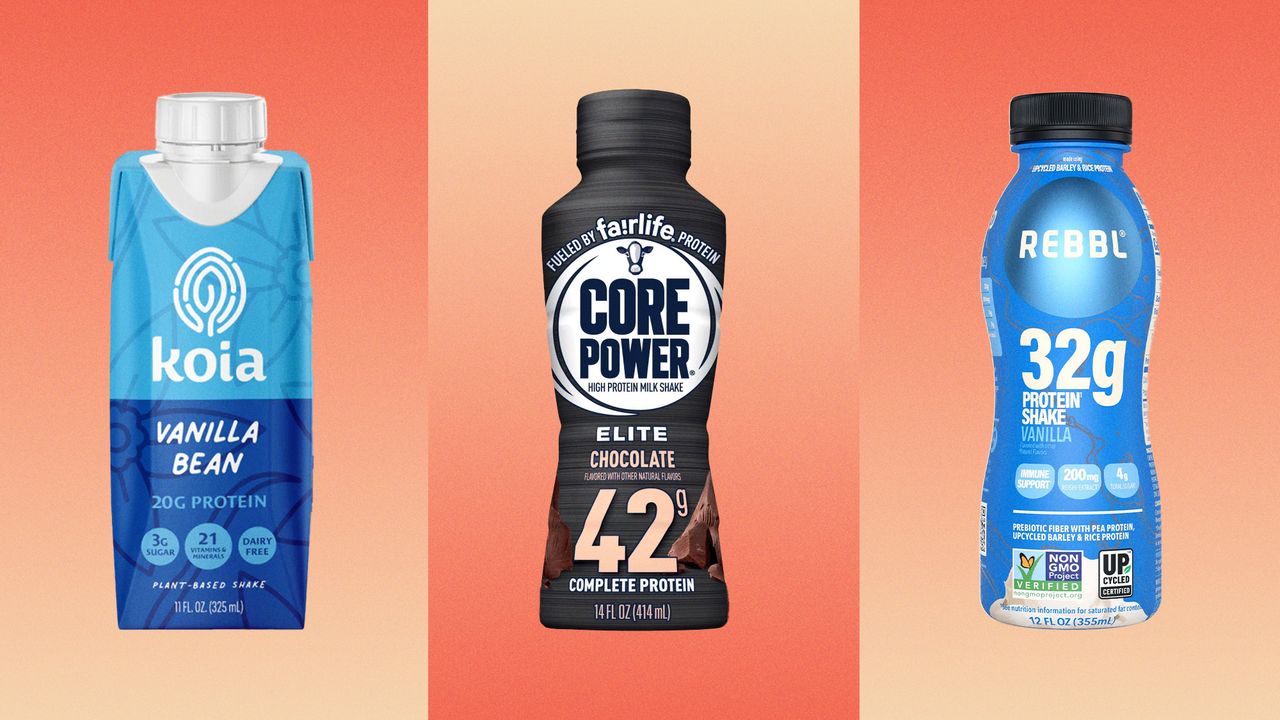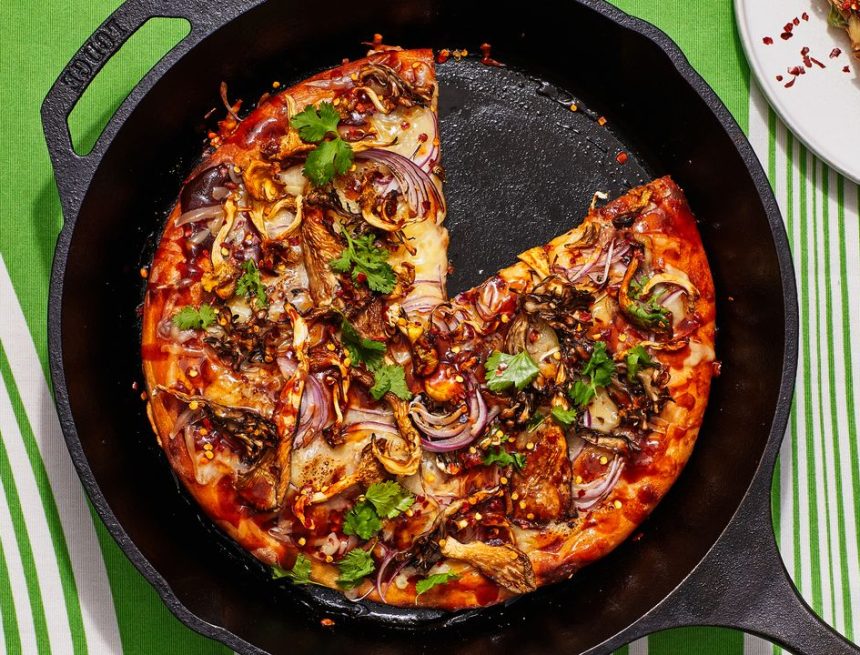Welcome to Deep Dish, a weekly roundup of food and entertainment news. Last week we discussed union workers striking at Starbucks across the country.
Michelin, in one of its hotly anticipated and closely speculated annual ceremonies, welcomed a new cohort of starred restaurants to its lists in the Northeast and Chicago this week. Some newcomers joined the prestigious pack, while others saw their stars docked. The drama!
Also this week, United Talent Agency signed Parmesan cheese—naturally. The protein boom is coming to the bar, weaseling its way into your favorite cocktails. And in endearing cocktail news, some bartenders are upcycling food waste into beverages.
Every year, restaurateurs and diners wait with bated breath to see which spots earned or lost Michelin stars, which are announced in regional ceremonies and then published in the organization’s global guides. This year a Northeast category combined New York, Washington DC, and, for some reason, Chicago, with new inclusions for Philadelphia and Boston.
New York’s Sushi Sho received the most prestigious three stars for the first time; Korean restaurant Joo Ok was promoted from one star to two. Meanwhile, restaurants Bridges, Muku, Huso, and Yamada received their very first Michelin distinctions. The infamously expensive Masa lost one of its three stars.
Over in the Windy City, buzzy fine dining restaurant Alinea also went from three to two stars. Filipino restaurant Kasama (notably featured in the first season of The Bear) received two stars, and Feld, included in Bon Appétit’s Best New Restaurants of 2025, snagged one as well.
Philly’s first Michelin cohort—Friday Saturday Sunday; Her Place Supper Club; and Provenance—sits comfortably in the one-star category, standard for a rookie Michelin city. One of Bon Appétit’s Best New Restaurants of 2023, Pietramala, was awarded a green star for its commitment to sustainability.
In Boston, one restaurant made the cut with one star: omakase counter Three 1 One. Washington, DC, saw no new stars added or removed from its list. —Li Goldstein, associate newsletter editor
Protein is inescapable right now—it’s in Starbucks cold foam, it’s infiltrated the snack aisle, it’s in cleverly marketed, VC-funded portable bars. It was only a matter of time before protein got swizzled into our alcoholic beverages. As former Bon Appétit staff writer Ali Francis writes in VinePair, a notable example is MATE! Vodka Protein Water, loaded with 8 grams of pea protein. While the category isn’t soaring yet, it represents a logical convergence of American consumption proclivities. “All of these products tap into a broader American fantasy that’s taken hold over the past few years—that every choice we make, even the indulgent ones, should somehow count as self-improvement,” Ali writes. “But whether these bevs sound like progress or paradox depends on how convinced you are that health and hedonism need to be in the same can.” —L.G.
Parmesan—the actual cheese—signed with United Talent Agency this week in what we can confidently say is the first time fermented milk has partnered with such a prestigious talent agency (or any talent agency for that matter). The Parmigiano Reggiano Consortium and UTA signed the deal in hopes of securing the cheese’s placement (roles? costars? single episode cameos?) on film, television, and streaming projects. The deal begs the question: If Parmesan is a movie star, where does it end? When Brie is on Broadway? Gruyère at the Grammy’s? Mimolette on the moon?! — Sam Stone, staff writer
They’re making milk punch from day-old croissants out there. And martinis from used feta brine. And Rob Roys with aged leg of lamb drippings. Yes, creative bartenders from coast to coast are investigating how they can cut down on food waste by giving a second life to spent foods. One man’s food waste is another enterprising bartender’s cocktail canvas. Read all about how bartenders are making drinks as creative as they are eco-conscious. —S.S.


